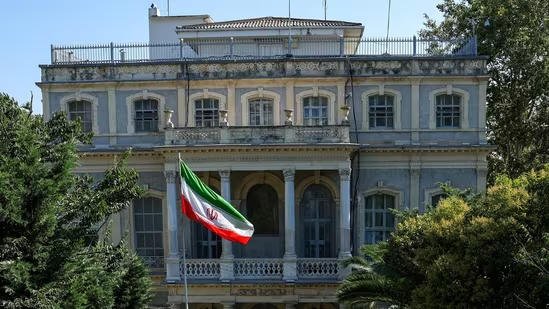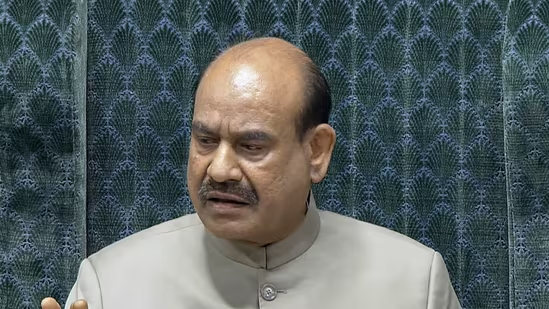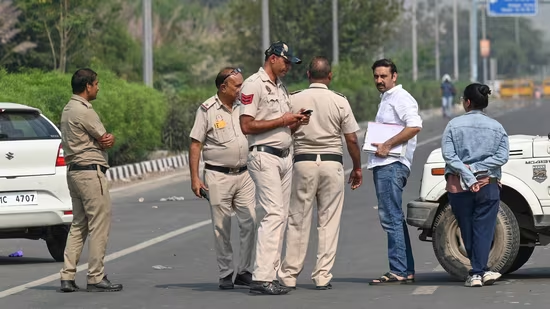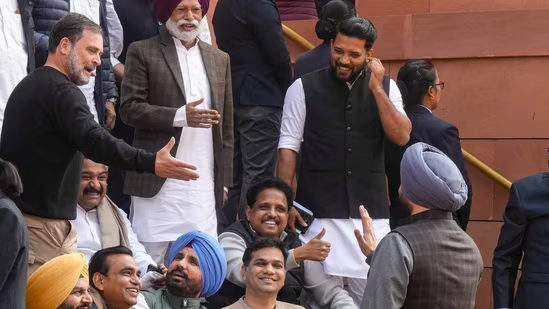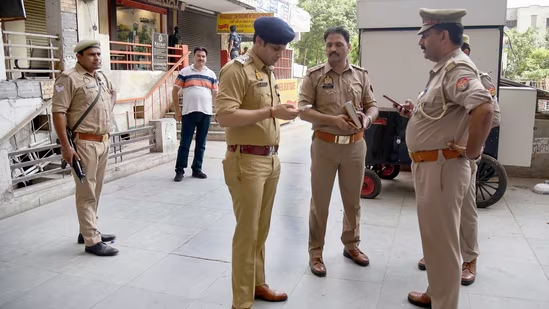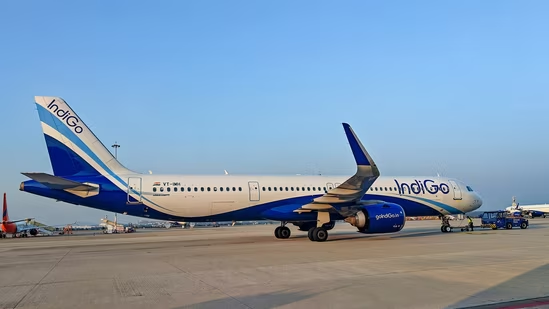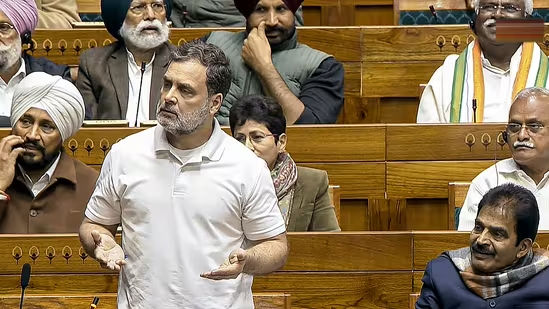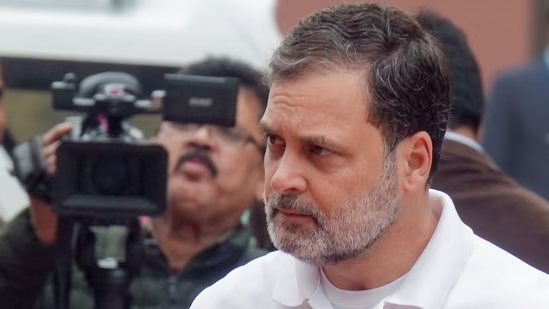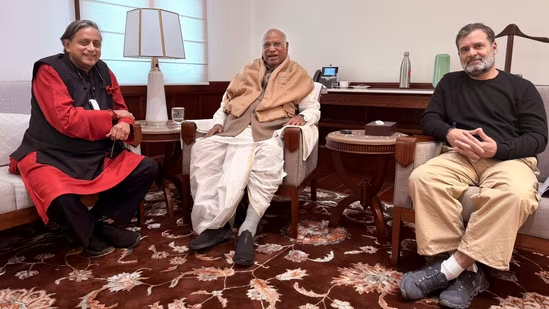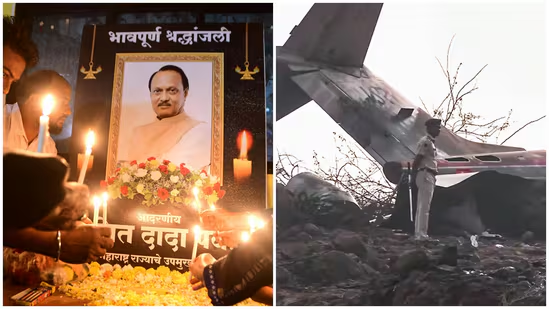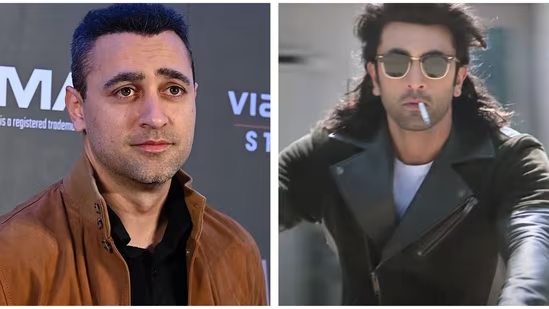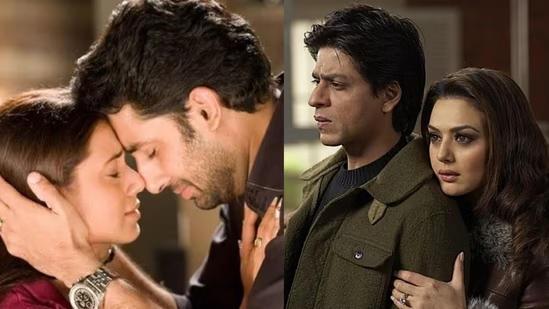Iran pushed back on Friday on suggestions of extending a U.N. resolution that ratifies a 2015 nuclear deal as it began the first face-to-face talks with Western powers since Israel and the U.S. bombed it last month.
Delegations from Iran, the European Union and the so-called E3 group of France, Britain and Germany, arrived for talks at the Iranian consulate in Istanbul.
The European countries, along with China and Russia, are the remaining parties to a 2015 deal – from which the U.S. withdrew in 2018 – that lifted sanctions on Iran in return for restrictions on its nuclear programme.
A deadline of Oct. 18 is fast approaching when the resolution governing that deal expires. At that point, all U.N. sanctions on Iran will be lifted unless a “snapback” mechanism is triggered at least 30 days before. This would automatically reimpose those sanctions, which target sectors from hydrocarbons to banking and defence.
To give time for this to happen, the E3 have set a deadline of the end of August to revive diplomacy. Diplomats say they want Iran to take concrete steps to convince them to extend the deadline by up to six months.
Iran would need to make commitments on key issues including eventual talks with Washington, full cooperation with the International Atomic Energy Agency, and accounting for 400 kg (880 pounds) of near-weapons grade highly enriched uranium, whose whereabouts are unknown since last month’s strikes.
Minutes before the talks began, Iranian Foreign Ministry spokesperson Esmaeil Baghaei told the state news agency IRNA that Iran considered talk of extending U.N. Security Council Resolution 2231 to be “meaningless and baseless”.
The United States held five rounds of talks with Iran prior to its airstrikes in June, which U.S. President Donald Trump, said had “obliterated” a programme that Washington and its ally Israel say is aimed at acquiring a nuclear bomb.
However, NBC News has cited current and former U.S. officials as saying a subsequent U.S. assessment found the strikes destroyed most of one of three targeted Iranian nuclear sites, but that the other two were not as badly damaged.
European and Iranian diplomats say there is no prospect of Iran re-engaging with the U.S. at the negotiating table for now.
